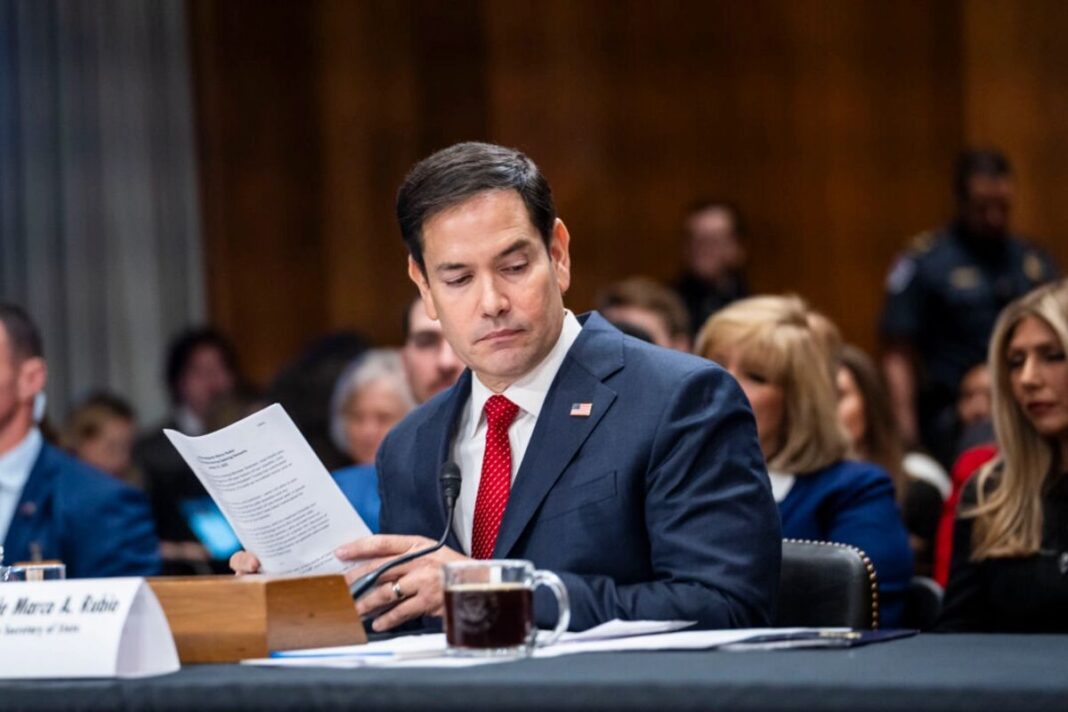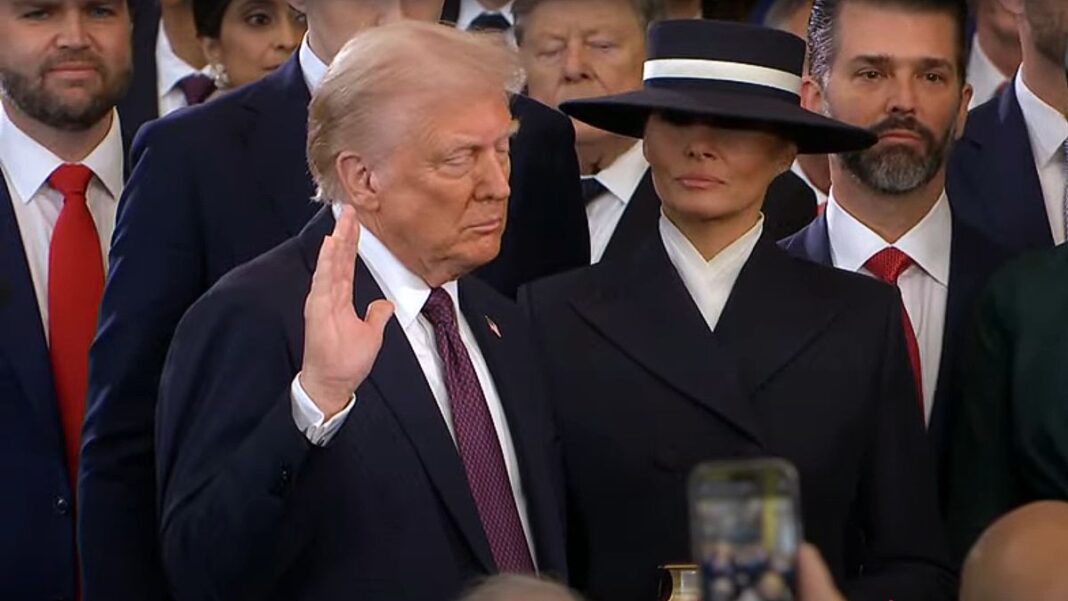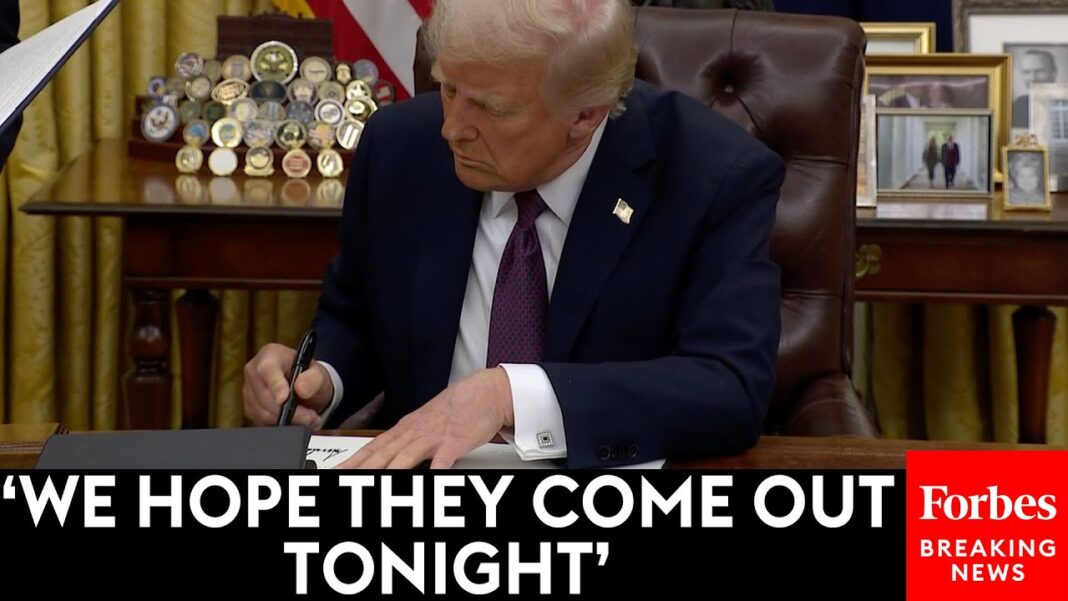Rubio says his top priority is the United States as the nation’s top diplomat.
The Senate Foreign Relations Committee has voted unanimously in favor of Sen. Marco Rubio’s (R-Fla.) to be the next secretary of state, with a full Senate vote expected in the evening.
The Senate Foreign Relations Committee, where Rubio served since 2011, reported the nomination on President Donald Trump’s first day back in the White House, days after the Florida senator testified before lawmakers in a five-hour hearing on his foreign policy views.
The committee at 4:30 p.m. advanced Rubio’s nomination in a 22–0 vote.
Rubio, 53, likely faces the easiest confirmation process out of Trump’s Cabinet choices. Many senators have worked with Rubio on policy issues, a relationship that he could leverage to build bipartisan support.
The three-term Florida senator faced a warm audience during the Jan. 15 hearing. A number of Senate Democrats voiced strong support for his confirmation to represent the United States overseas. The top two senators on the panel, Chairman Jim Risch (R-Idaho) and ranking member Jeanne Shaheen (D-N.H.), agreed in an opening statement about Rubio’s skills to take on the job.
Sen. Tammy Duckworth (D-Ill.) thanked Rubio in the hearing for helping amend Senate floor rules so that she could bring her newborn daughter to the floor to vote, adding it was “a moment of true bipartisanship.”
Rubio told the committee that he intends to make the State Department “relevant again.” The department over successive administrations has become marginalized because “it takes so long for the State Department to take action,” he said.
The core mission he envisions for the agency is about “placing the interest of America and Americans above all else,” to “promote peace abroad and security and prosperity here at home.”
Top on his focus is confronting the Chinese Communist Party, which he defined as “the most potent and dangerous, near-peer adversary this nation has ever confronted.”
China dominates critical mineral supplies essential in industries such as electronics, energy, and defense. In Washington, there is bipartisan concern over the regime’s military aggression toward its neighbors, covert influence operations, and human rights suppression that has sometimes reached into the United States.
By Eva Fu








